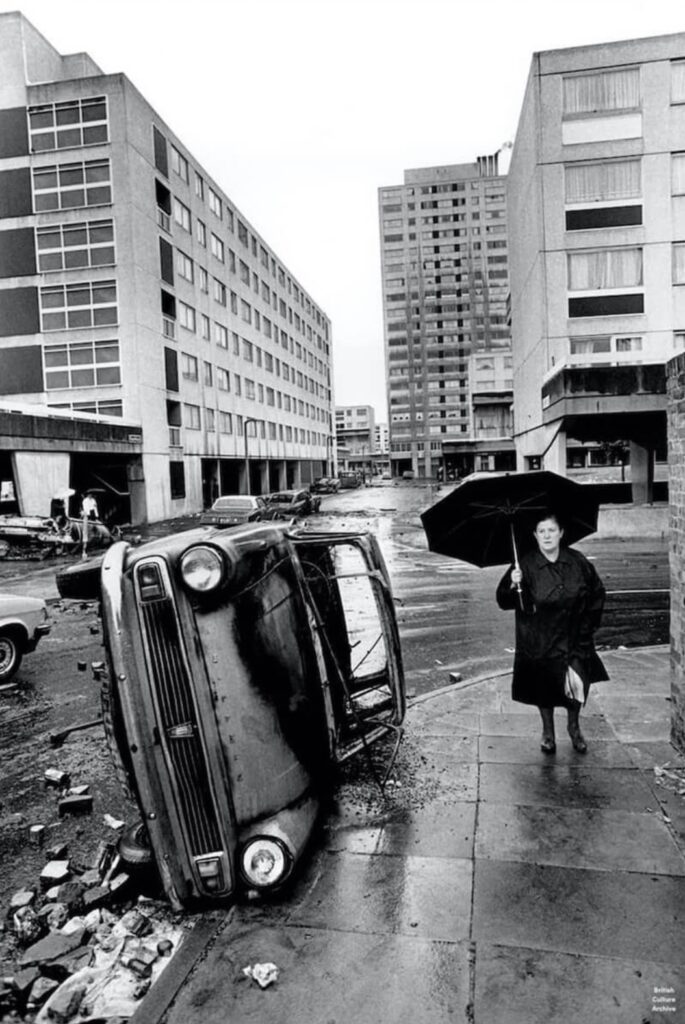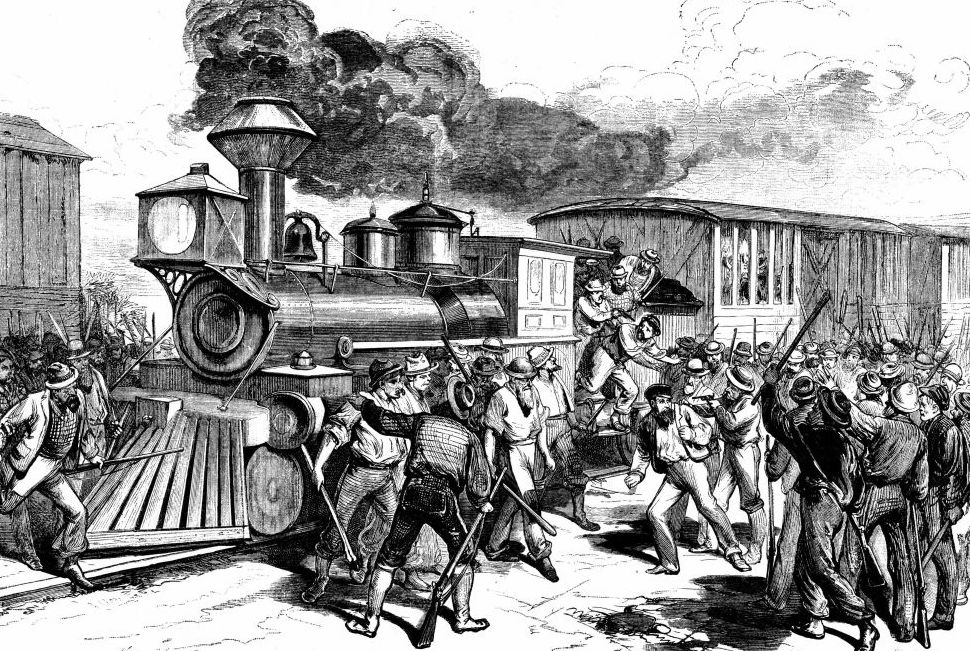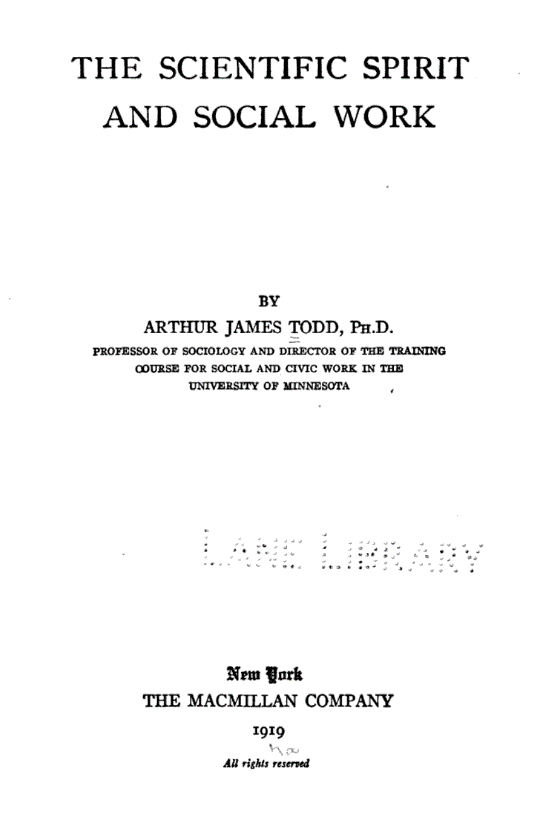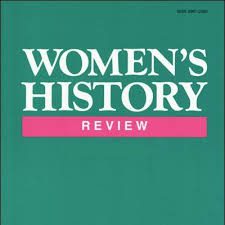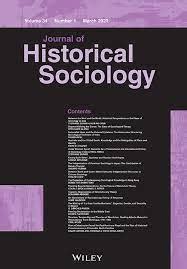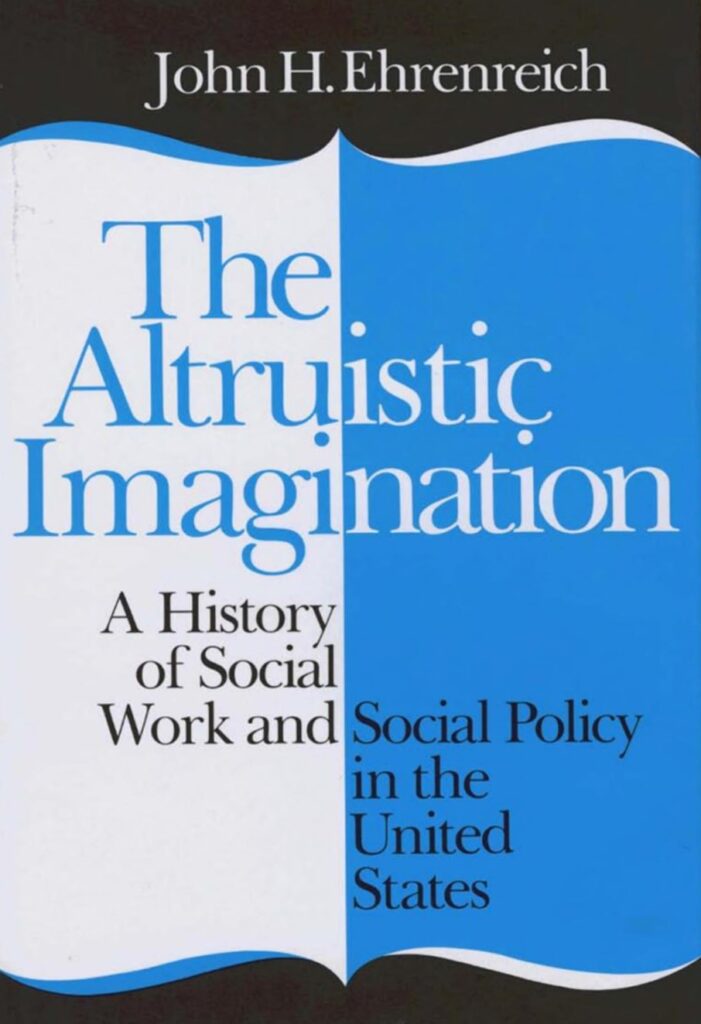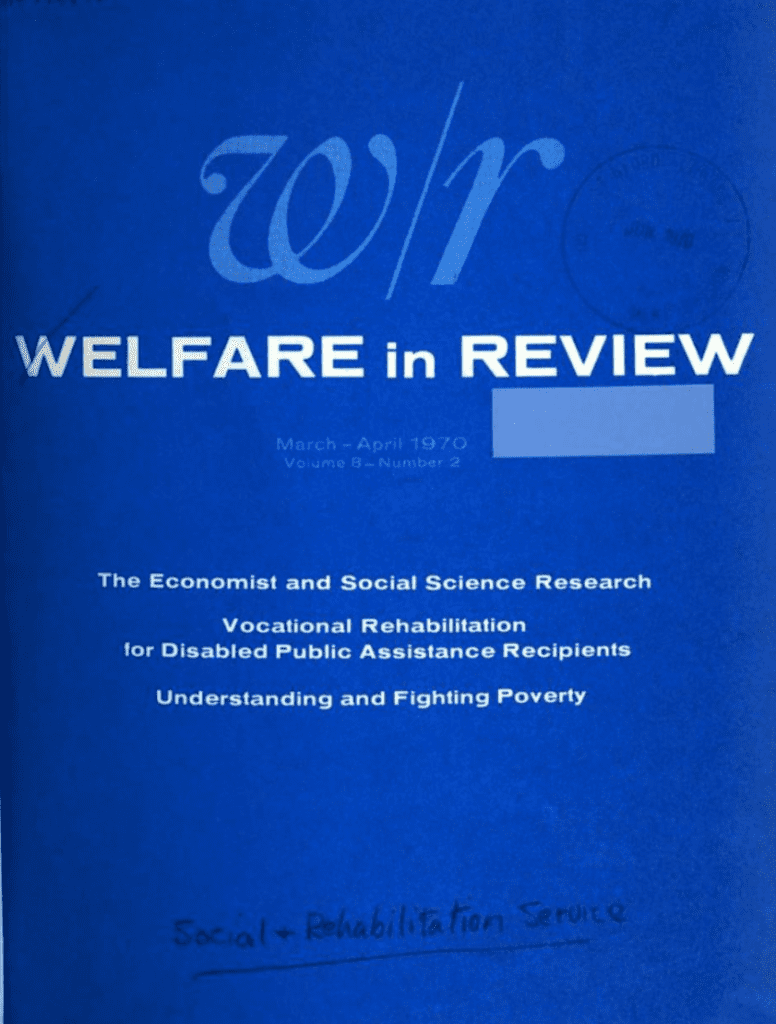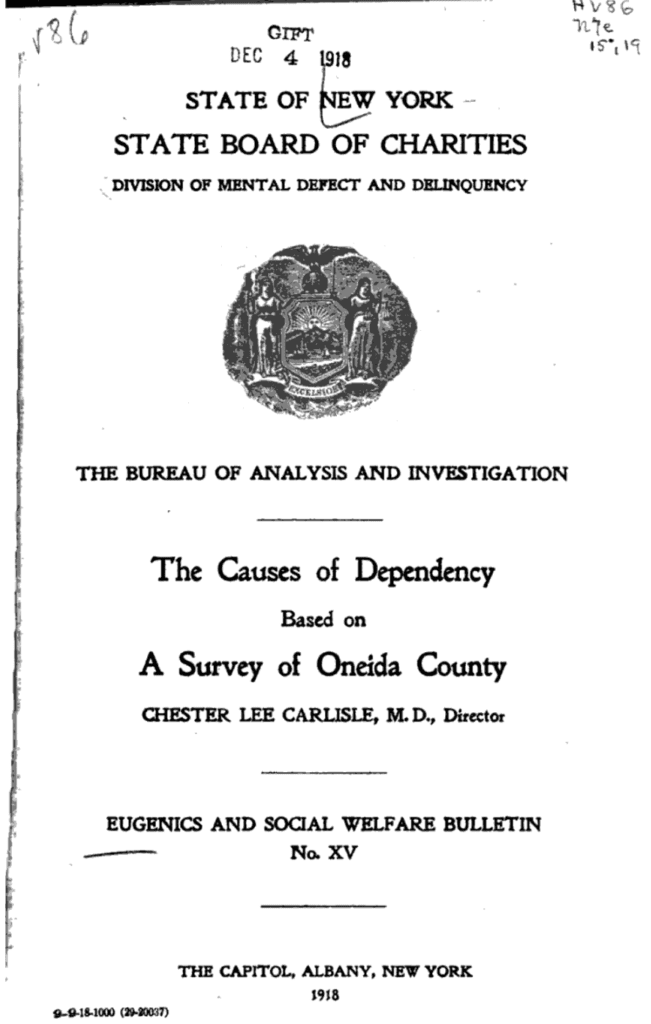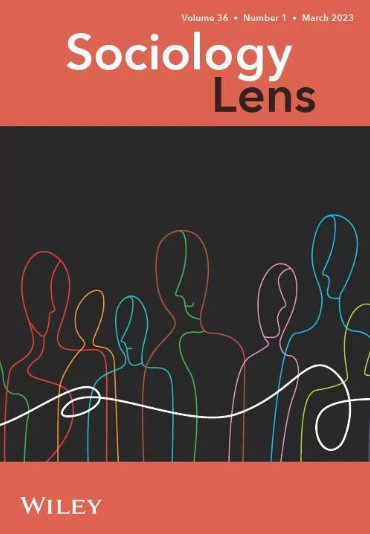
From Right to Responsibility: Resonance and Radicalism in Feminist‐Led Reproductive Control Movements, 1905‐1942

news, new scholarship & more from around the world

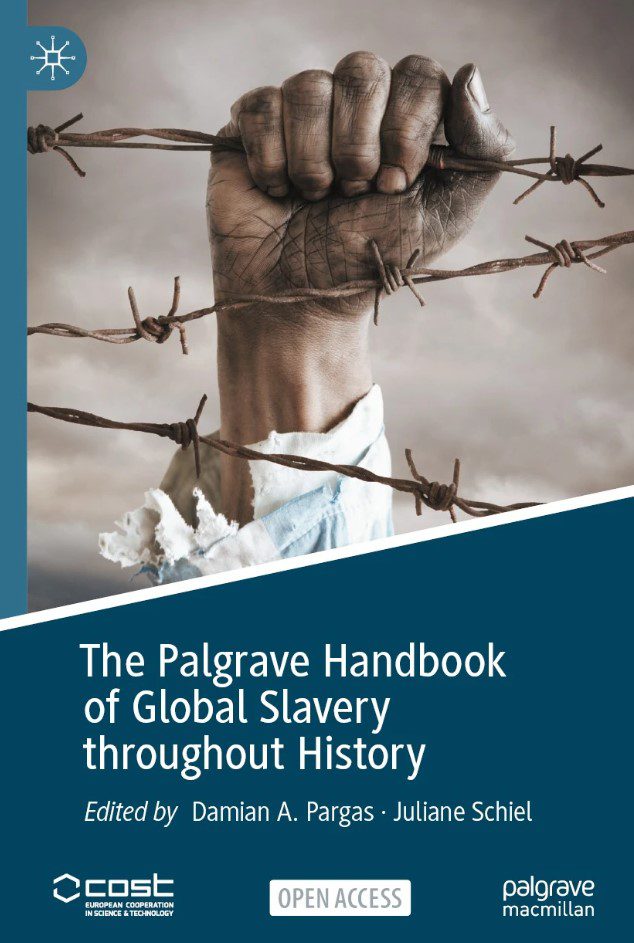
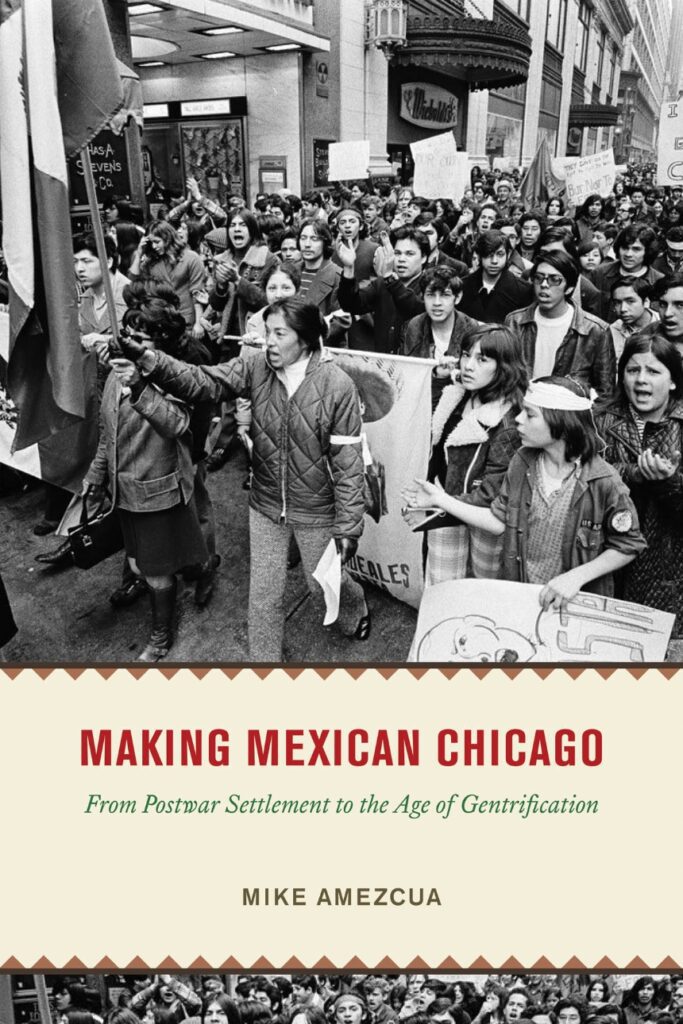


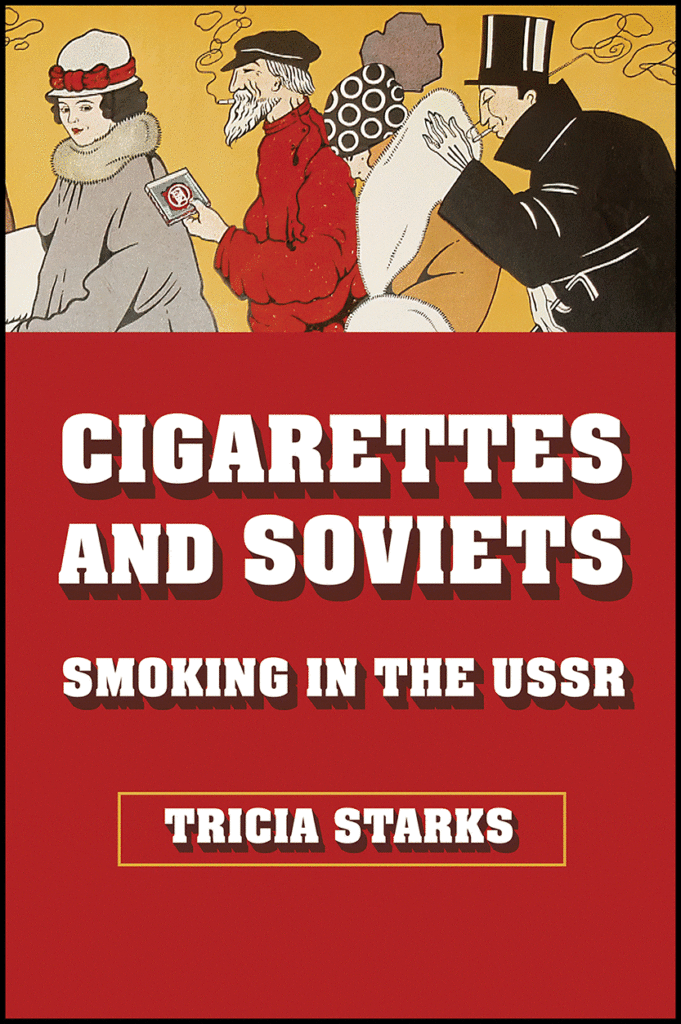
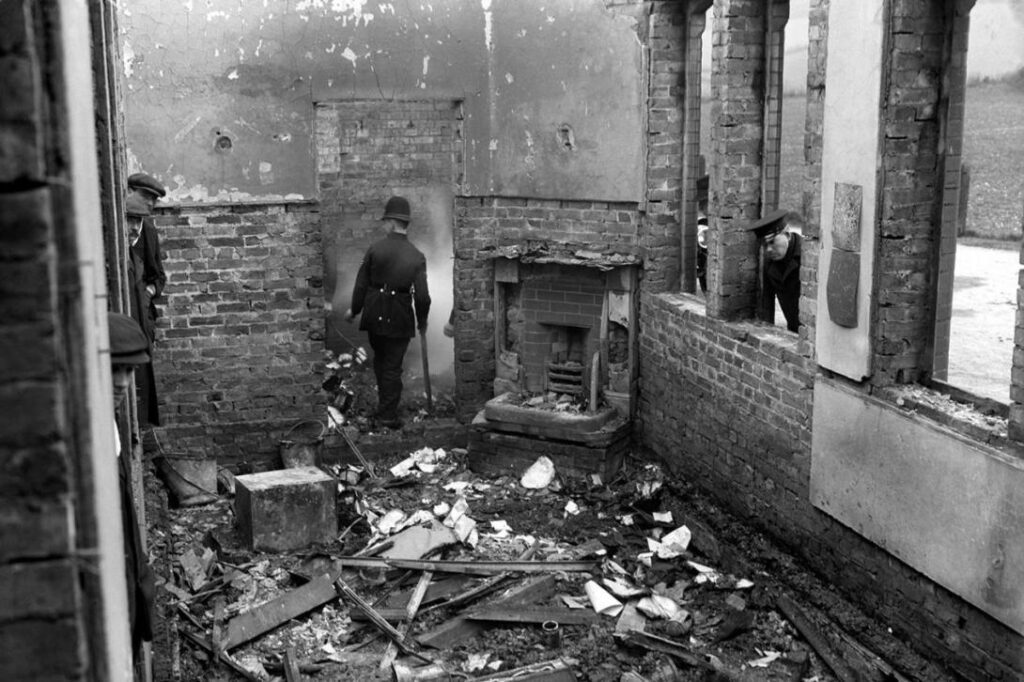
Police survey Saunderton Railway Station after a suffragette arson attack, March 9th, 1913


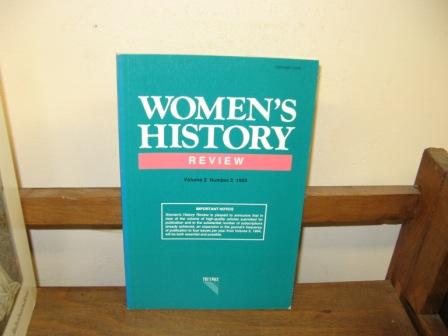
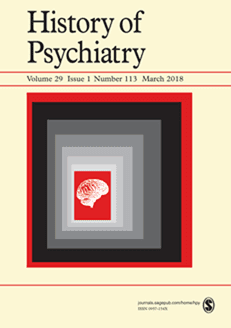


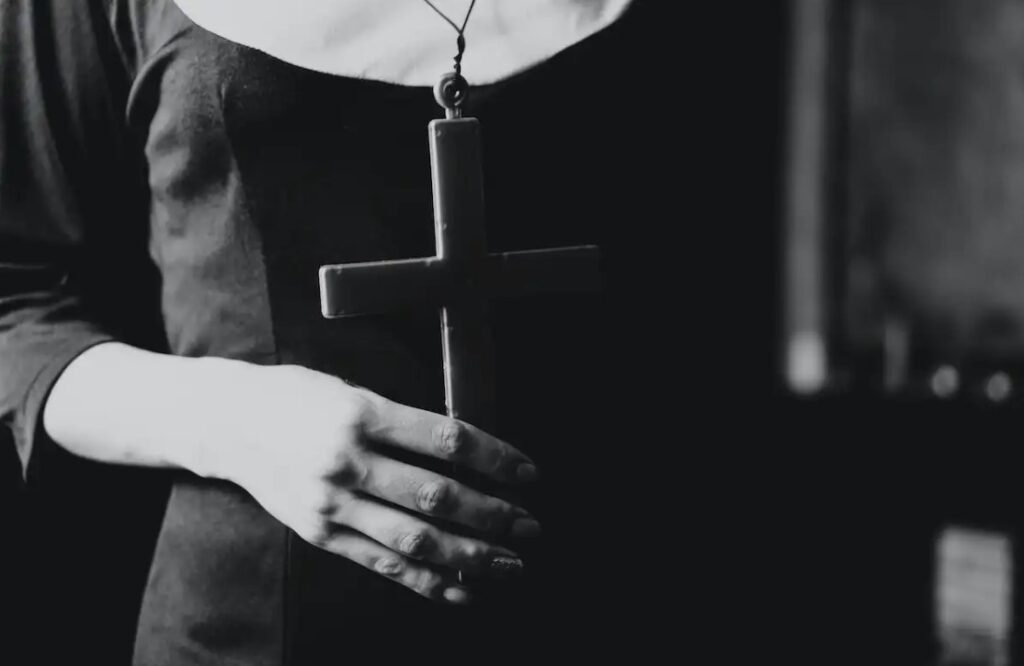
Before Vatican II, an individual nun had to surrender her will to her superior and was no longer in control of her destiny.
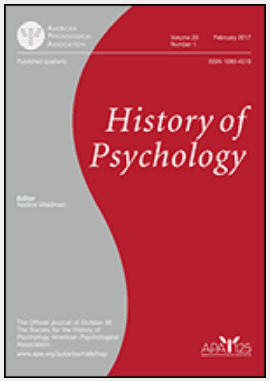

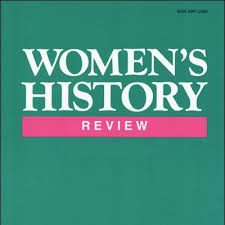
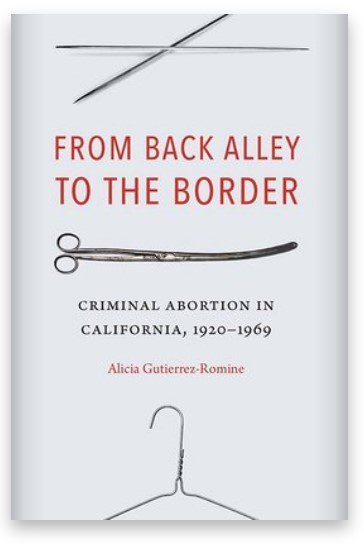
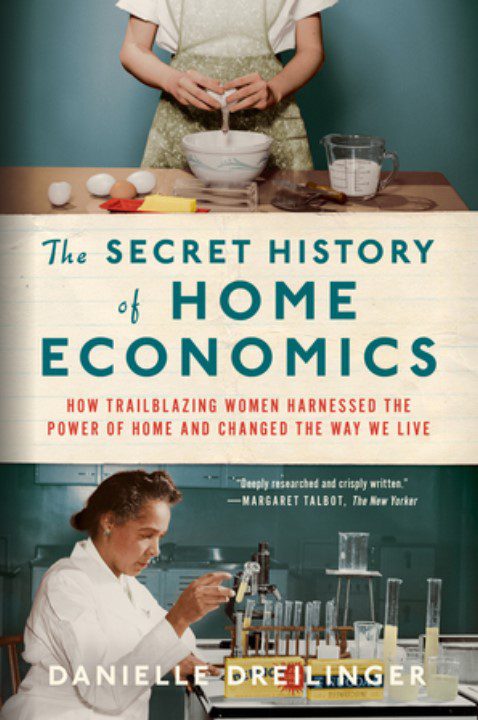

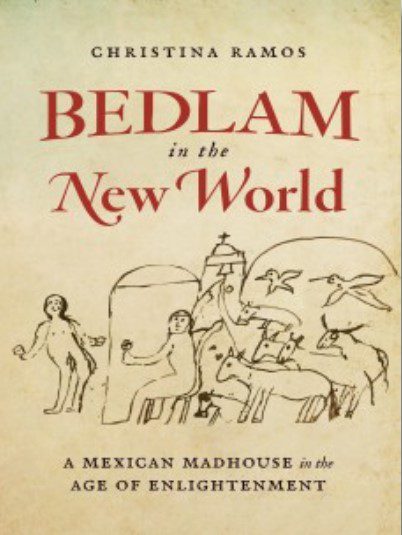

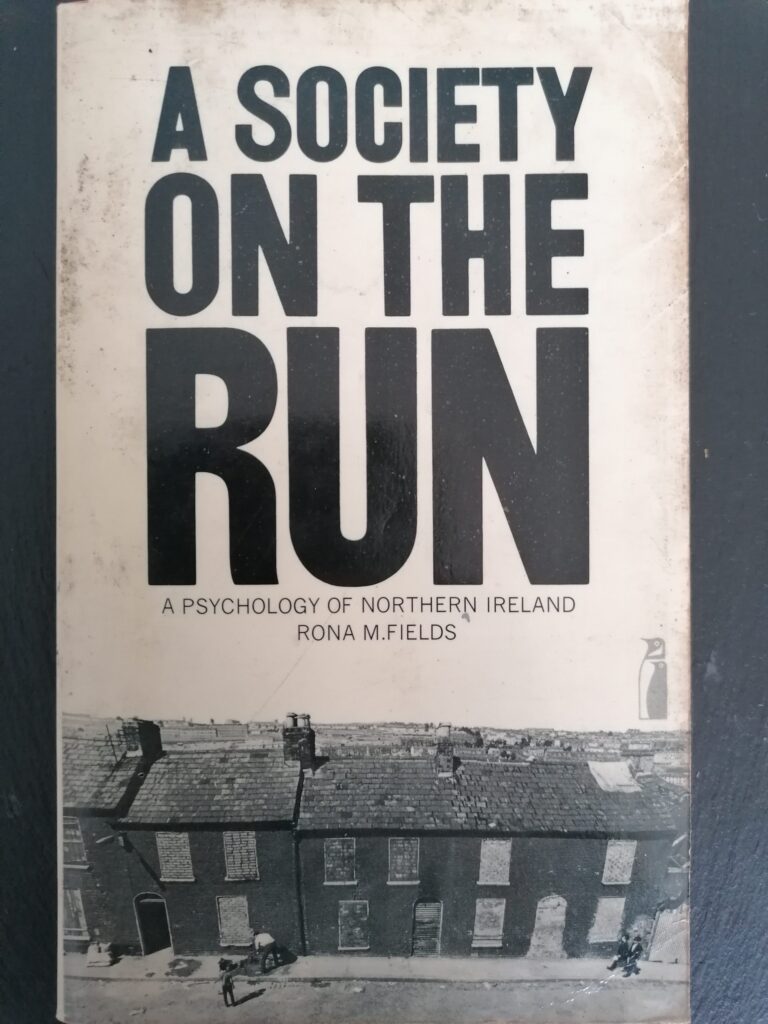

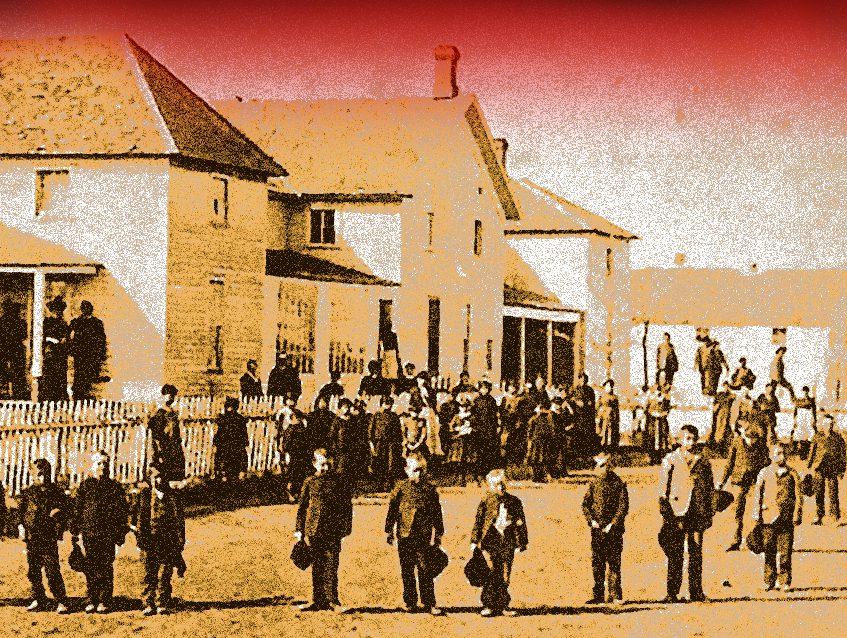
“The only thing we have left is the cemetery where many of our Quapaws are buried,” says Carrie Wilson, whose mother was forced to attend St. Mary of the Quapaws school in Oklahoma.

Throughout an unusually sunny Fall in 1970, hundreds of students and faculty at Syracuse University sat one at a time before a printing computer terminal (similar to an electric typewriter) connected to an IBM 360 mainframe located across campus in New York state. Almost none of them had ever used a computer before, let alone a computer-based information retrieval system. Their hands trembled as they touched the keyboard; several later reported that they had been afraid of breaking the entire system as they typed.
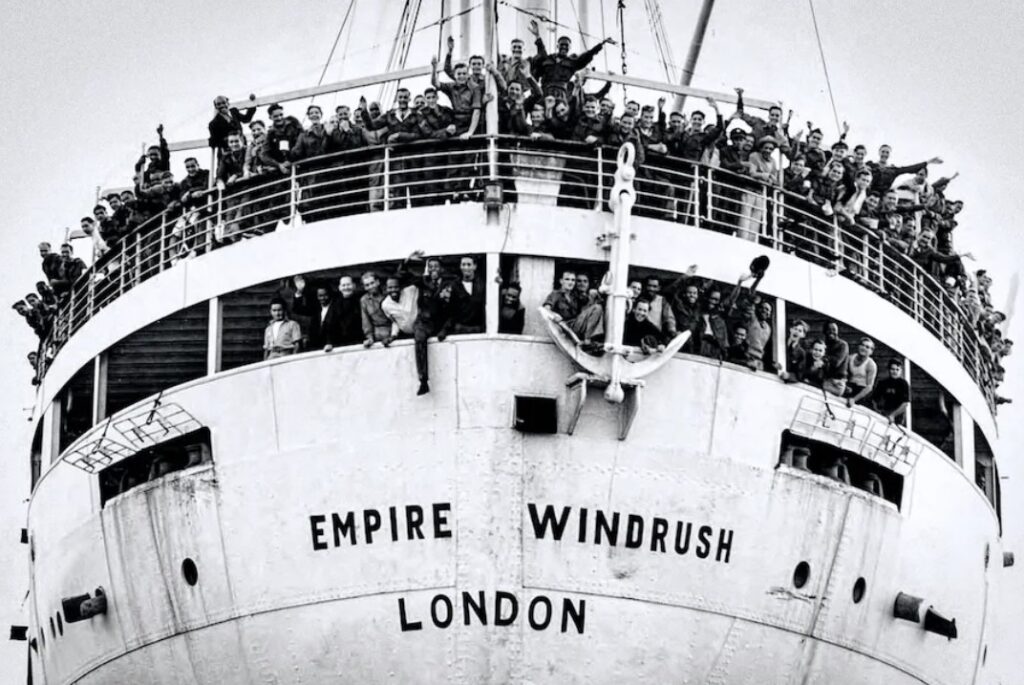

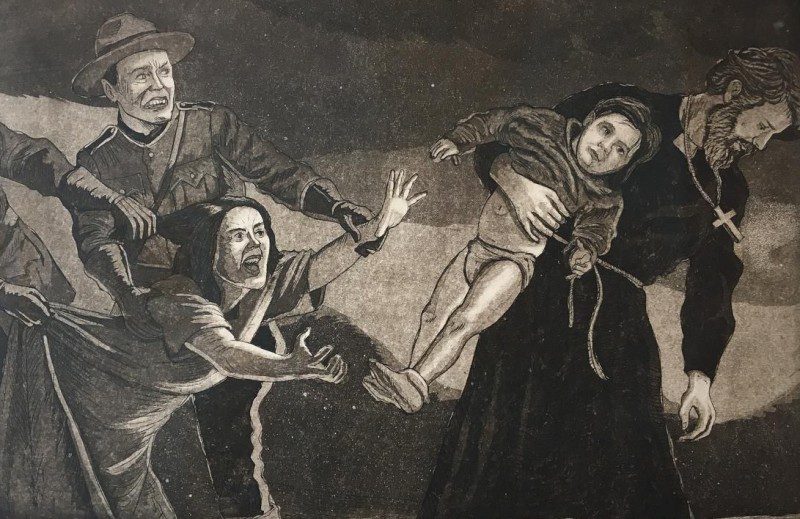
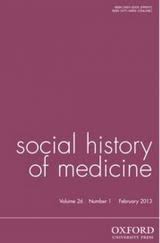
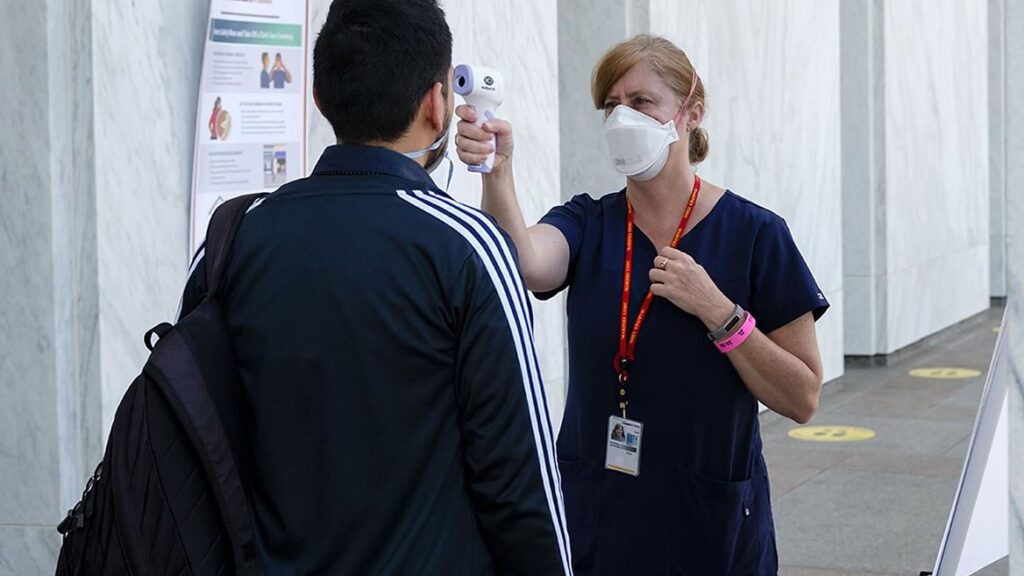


Guthrie knew and sang about the needs of America’s poor, such as this Depression-era impoverished family of nine on a New Mexico highway.
